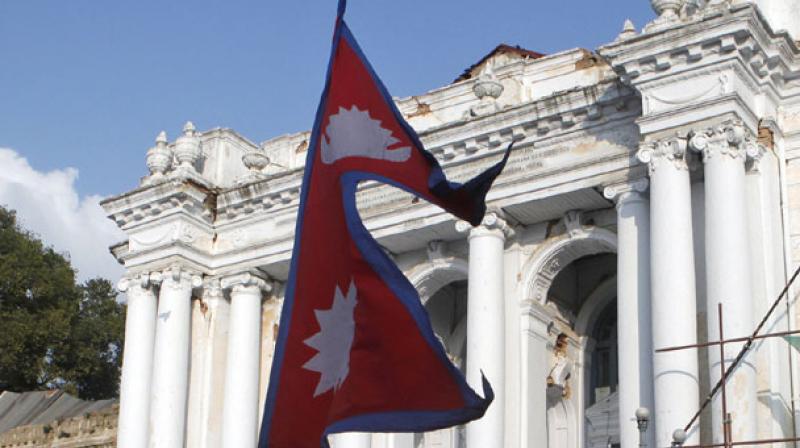Nepal's economy rebounding; to touch 5.5 per cent in FY17: IMF
Report said inflation had been decelerating due to base effects related to last year's trade disruption.

Washington: Nepal's growth is projected to touch 5.5 per cent in 2016-17 after a slowdown due to the 2015 earthquakes and trade disruptions at the border with India, the IMF has said.
"Growth is projected to reach 5.5 per cent in 2016-17 and inflation is expected to undershoot the central bank's mid-2017 target of 7.5 per cent," the International Monetary Fund (IMF) said yesterday in its latest annual report on Nepal.
"Nepal's economy is rebounding following a slowdown caused by the 2015 earthquakes and trade disruptions. The normalisation of economic activity is supported by a good monsoon, accommodative monetary policy, and rising government spending," it said.
The report said inflation had been decelerating due to base effects related to last year's trade disruption but is expected to remain above India's inflation.
"More recently, the authorities have also been able to advance reforms in a number of areas," it said.
While the government's vision is to graduate from least-developed country status by 2022 and achieve middle income country status by 2030, the frequent changes in the government have held back progress in addressing infrastructure gaps, weak institutional capacity and the difficult business climate, it said.
Nepal is now one of the largest recipients of remittances in the world, it said, adding that at 30 per cent of GDP in Fiscal Year 2015-16, remittances helped to reduce poverty, support the balance of payments, and boost the fiscal accounts through higher import-related revenues.
The top financial institution also said political uncertainty was likely to persist with several elections to be held in the coming months.
"The new government has increased recurrent spending to facilitate post-earthquake reconstruction but inefficiencies in capital budget management and implementation are holding back a scaling up of public investment to support medium-term growth," the report said.
The normalisation of economic activity, a favourable monsoon season, improved power supply, accommodative monetary policy and rising government spending in part due to the disbursement of housing grants to earthquake-affected households and a hike in government wages and pensions are spurring a cyclical rebound, as evidenced in recent months by rising imports and tax revenues," it said.

